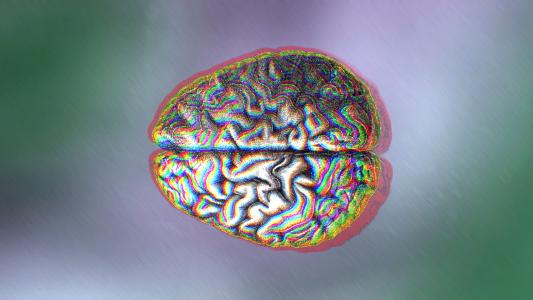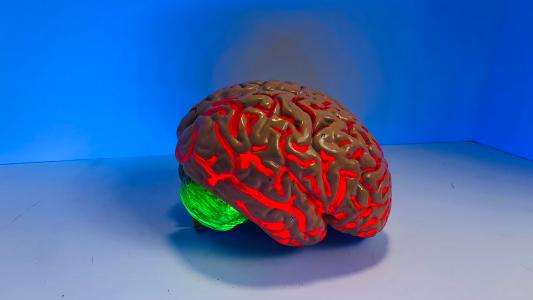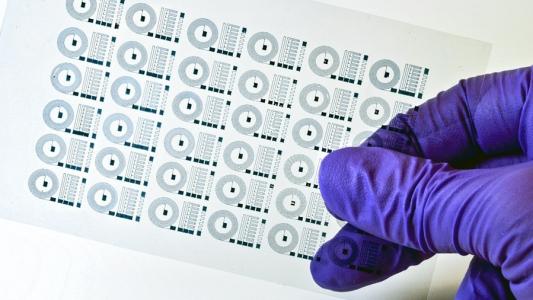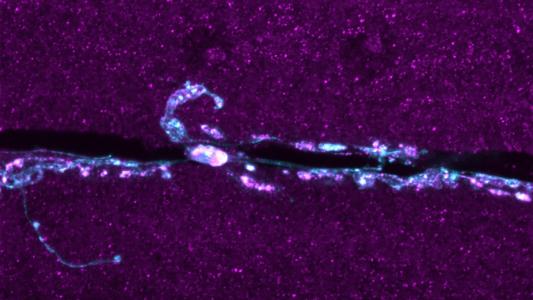Neuroscience
New epilepsy treatment could stop seizures in their tracks
A new epilepsy treatment that's delivered as a nasal spray may be able to prevent seizures or even interrupt them.
A new drug could repair stroke damage to memory and movement
A new drug can repair stroke damage in mice, improving memory and motor skills. If it works in humans, it could lead to a paradigm shift in stroke treatment.
The Singularity: When will we all become super-humans?
Are we really only a moment away from "The Singularity," a technological epoch that will usher in a new era in human evolution?
The Biden administration is preparing for legal psychedelics within two years
The Biden administration’s Department of Health and Human Services has sent a memo supportive of psychedelic therapies. What does that mean for the field?
MIT engineers 3D-print rubbery brain implants that don’t “stab” the brain
How do you engineer an implant that doesn't harm an organ as soft as tofu? MIT engineers 3D-printed new soft brain implants.
Crows are self-aware just like us, says new study
Crows and the rest of the corvid family keep turning out to be smarter and smarter. A corvid's pallium has more neurons than a great ape's.
Potential cause of unexplained epilepsy cases uncovered
University of Arizona researchers have uncovered a protein that might be behind some epilepsy cases with currently unknown causes.
People who read live longer than those who don’t, Yale researchers say
A study by Yale researchers finds that reading books in particular returns cognitive gains that increase longevity.
After death, you’re aware that you’ve died, say scientists
How can we know that we're dead after we die? Some evidence attributes a certain neurological phenomenon to a near death experience.
Do optimists really live longer? Here’s what the research says
Research shows if you cultivate a more optimistic mindset, you might further increase your chances for a long life.









